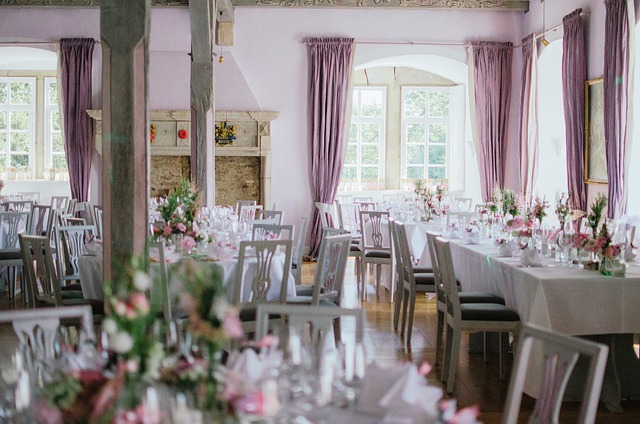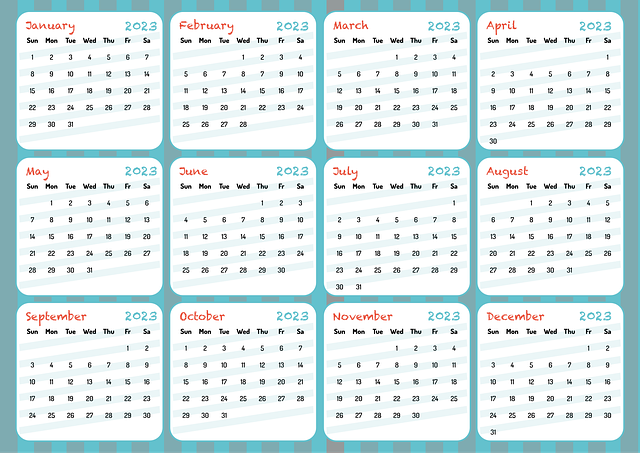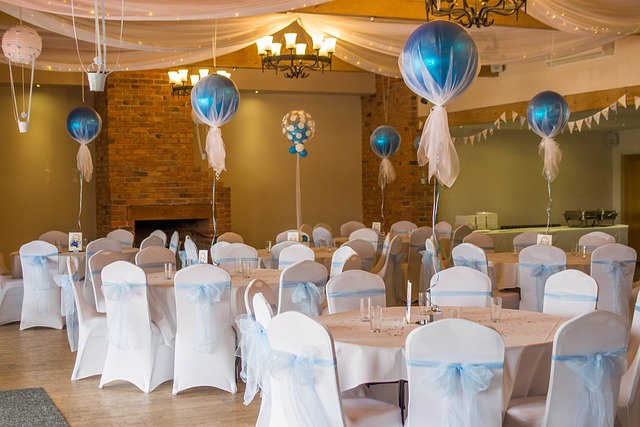Event Planning for Local Businesses thrives on understanding and leveraging community dynamics. By researching cultural diversity, age groups, and shared passions, organizers can create tailored events that resonate deeply with attendees. Aligning events with local culture, history, and seasonal trends fosters connections, boosts community spirit, and strengthens business-neighbor relationships through collaboration with community leaders and artists. This strategy ensures high attendance, enhances businesses' images, and strengthens community bonds.
Local events are powerful tools for businesses to connect with their community. This article guides local businesses through expert event planning, focusing on strategies for both understanding and engaging your audience. We’ll explore tailored approaches, from researching target demographics to leveraging local themes and partnerships. Additionally, we’ll delve into the logistics of successful events, including timeline management, venue selection, marketing, and smooth execution. Discover how these steps enhance community ties and drive business growth through event planning for local businesses.
- Understanding Your Local Community: Tailoring Events for Maximum Impact
- – Researching and knowing your target audience
Understanding Your Local Community: Tailoring Events for Maximum Impact

Understanding your local community is a cornerstone in event planning for local businesses. By delving into the unique characteristics, needs, and interests of your community, you can tailor events that resonate deeply with attendees. This involves recognizing cultural diversity, age demographics, and shared passions within your area. Local businesses have a distinct advantage—they can create intimate gatherings that foster connections among neighbors, boosting community spirit and engagement.
Event planning isn’t just about setting up a stage; it’s about curating an experience. For maximum impact, align event themes and activities with the local culture and history. Collaborate with community leaders, artists, and local businesses to ensure events are relevant and inclusive. This approach not only strengthens community bonds but also positions local businesses as integral parts of their communities, fostering goodwill and long-term success in Event Planning for Local Businesses.
– Researching and knowing your target audience

Understanding your local community is key to successful event planning for businesses in the area. Researching and knowing your target audience involves delving into demographics, interests, and cultural events that resonate with them. For instance, a local food festival may appeal more to families if there are kids’ activities and affordable food options. Alternatively, a networking event geared towards young professionals might require a different approach, focusing on modern entertainment and industry-specific workshops.
Event planners should also consider seasonal trends and local holidays when designing events for maximum engagement. Tailoring events to meet the specific needs and preferences of the local community ensures higher attendance and satisfaction, fostering a positive image for participating businesses through effective event planning for local businesses.
Event planning is an art that flourishes when understanding the unique dynamics of one’s local community. By researching and tailoring events to match the interests and needs of their target audience, local businesses can create meaningful connections and maximize their impact. Through strategic planning and a deep dive into the local landscape, these successful events become a testament to the power of fostering relationships within the bustling heart of any neighborhood.






